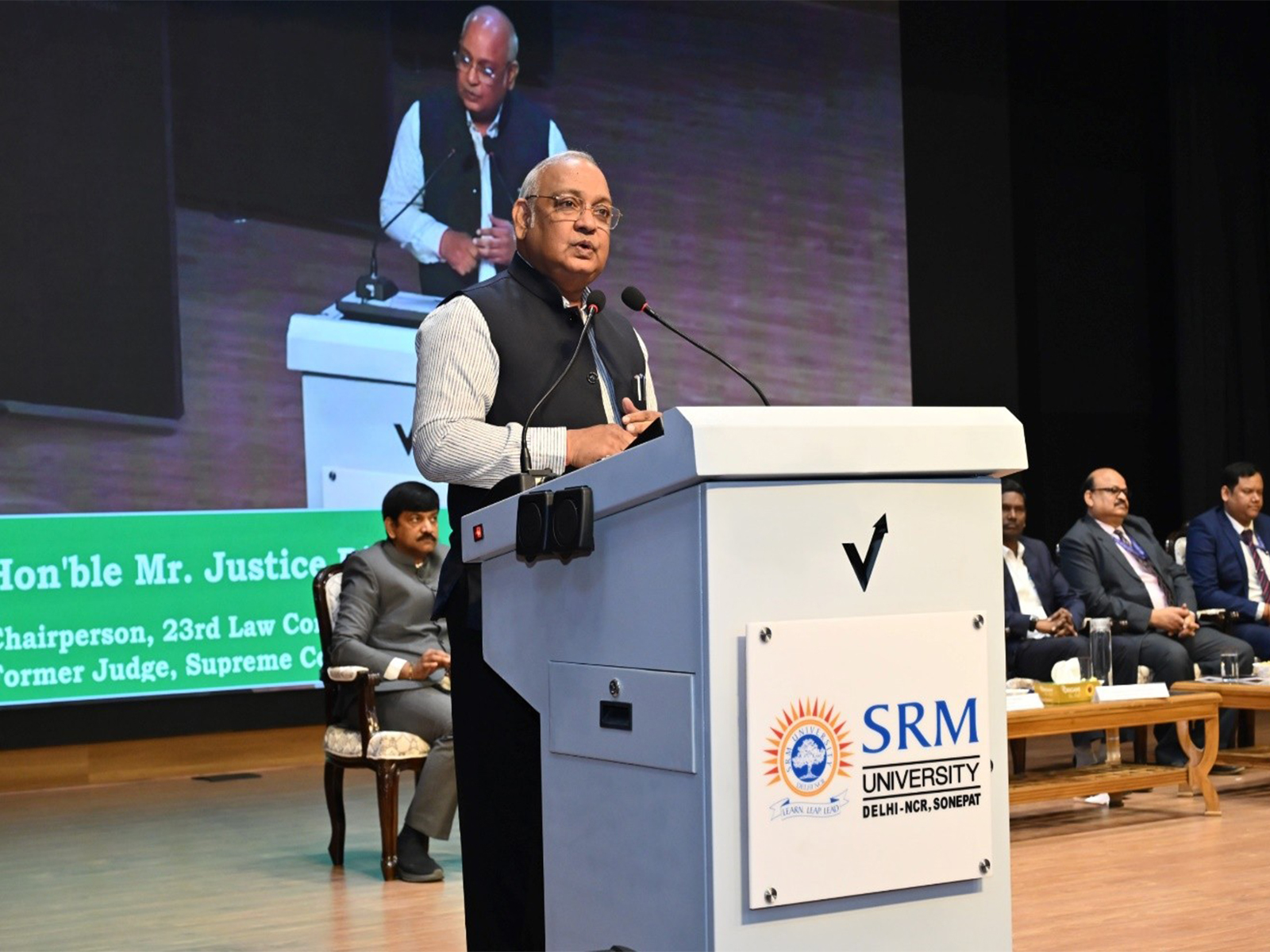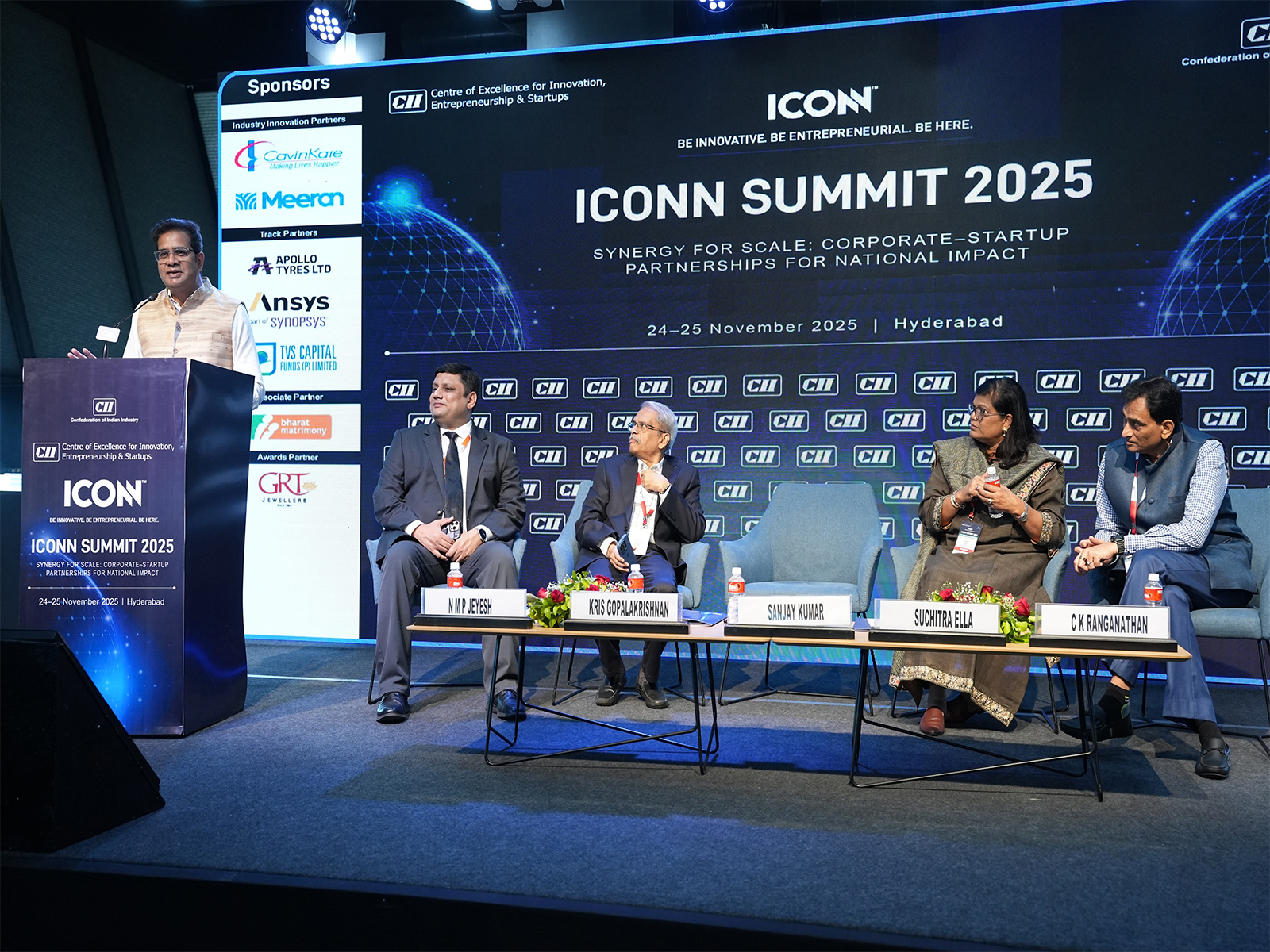US 'price gouging', Quad faces trouble
Jun 29, 2025
Washington [US], June 29: The actions and policies of US President Donald Trump are causing difficulties in relations between the US and the remaining members of the Quad group (US - Japan - Australia - India).
US Secretary of State Marco Rubio is scheduled to chair a meeting of foreign ministers of the four Quad member countries on July 1. However, the meeting takes place in the context of Washington
Unfinished meetings
Recently, Indian Prime Minister Narendra Modi confirmed that he had rejected Mr. Trump
Explaining the reason for declining Mr. Trump's invitation, Prime Minister Modi said that it was because of his priority schedule to attend an important event in India. However, disagreements have recently emerged between the two men. Specifically, President Trump recently announced that he personally brokered a ceasefire between India and Pakistan during
Not only Prime Minister Modi, Australian Prime Minister Anthony Albanese also missed an appointment with President Trump on the sidelines of the recent G7 Summit. This significantly affected Prime Minister Albanese, because the US previously revealed that it was reviewing the agreement on the provision of nuclear-powered submarine technology under the AUKUS (US-UK-Australia) trilateral agreement, which was approved in 2021 when Mr. Joe Biden was President of the US.
The risk of Mr. Trump canceling a direct meeting is said to be one of the reasons why Japanese Prime Minister
Many disagreements
In fact, there are many disagreements between the US and the other three countries in the Quad. Reuters on June 26 quoted sources from Indian officials revealing that US-India trade negotiations have encountered obstacles due to disagreements on import tariffs on auto parts, steel and agricultural products. This extinguished hopes of reaching an agreement before the deadline for reciprocal tariffs on July 9.
Similarly, the US and Japan are also experiencing tensions over trade negotiations. Japanese Foreign Minister Iwaya Takeshi will travel to Washington to attend a meeting of the Quad foreign ministers. But the US and Japan have canceled a planned 2+2 meeting between their defense and foreign ministers.
The discord between Washington and Tokyo stems from inconsistent messages from the Trump administration. In late May, Nikkei Asia quoted a US official as saying the two countries had reached a trade-security agreement in which Japan had to increase its defense budget to
Similarly, the US review of the submarine deal with Australia could be a way for Washington to pressure Canberra to contribute more, perhaps even pay more, as part of President Trump's strategic push for allies to share more of the burden with the US. In addition, Washington is willing to attach co
Source: Thanh Nien Newspaper








